Temperature-Controlled Trucking: Ensuring Cold Chain Compliance
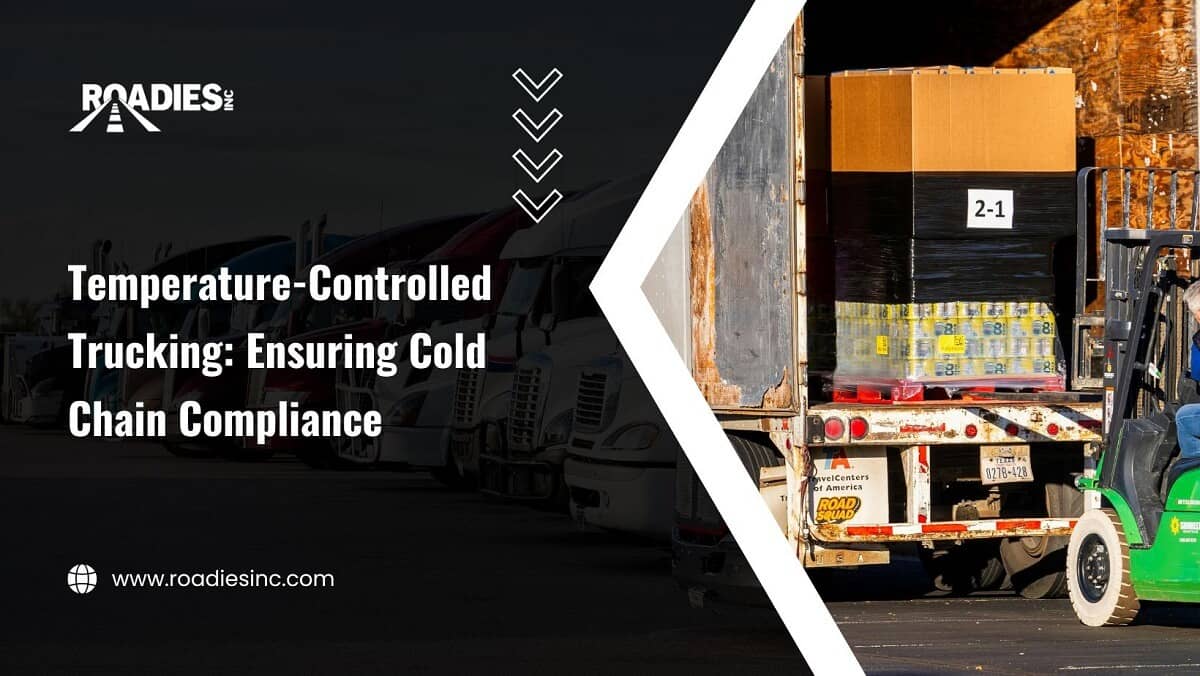
The cold chain is a carefully managed process designed to keep temperature-sensitive goods within required ranges from origin to final delivery. Even a single breakdown in this chain can compromise product quality, safety, or regulatory compliance. Transportation is one of the most vulnerable stages of the cold chain, where unexpected delays, equipment failures, or environmental […]
How Do Freight Brokers Find Loads?
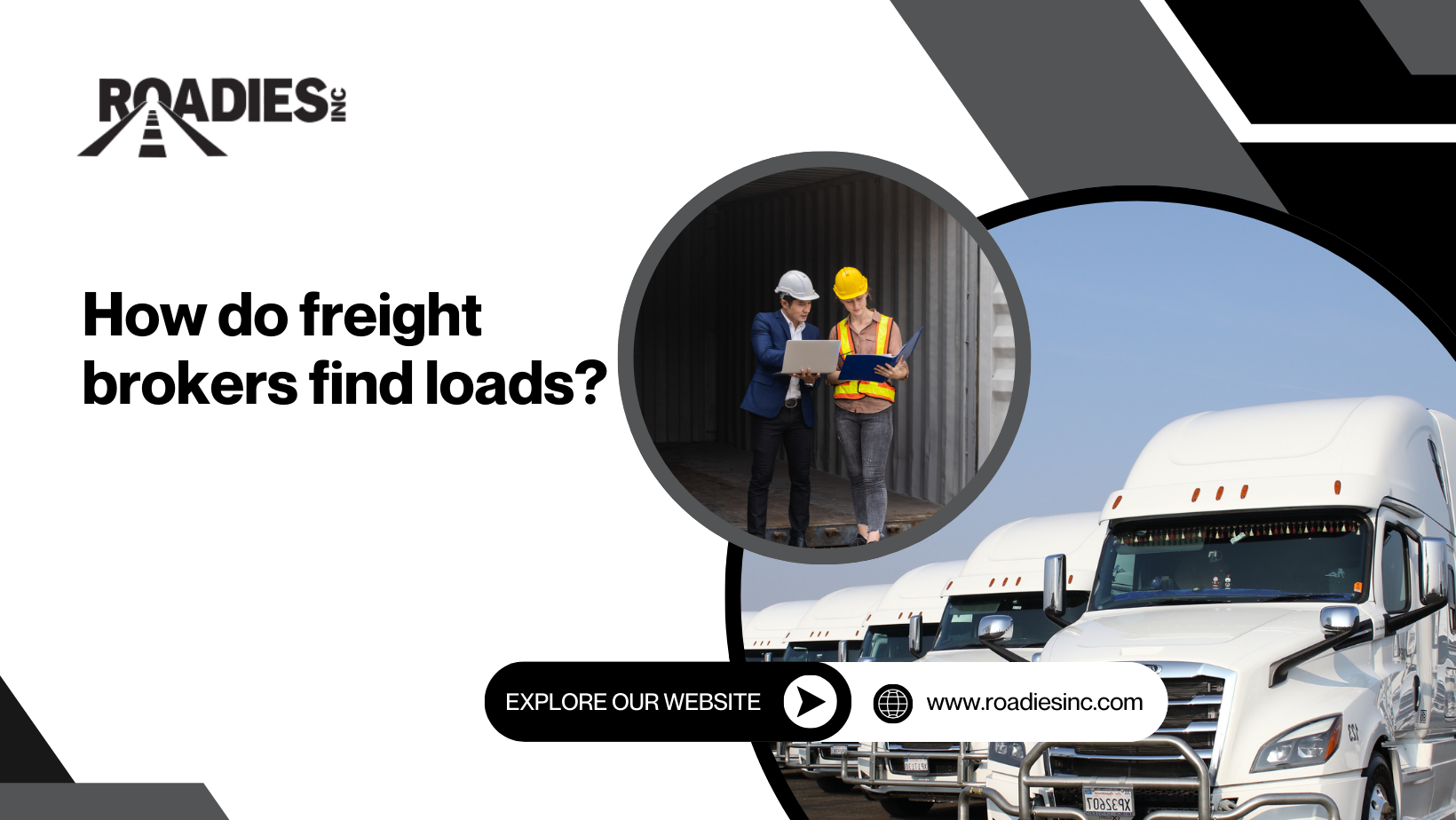
Finding consistent freight loads is one of the biggest challenges for trucking companies in California. Many carriers face unreliable shipments, missed opportunities, and complex logistics hurdles. The good news is that freight brokers in California specialize in connecting shippers with trusted carriers, ensuring timely deliveries and fair pricing. In this article, you’ll learn how freight brokers find […]
How Freight Brokers in California Stay on Track with Reliable Truck Repair?
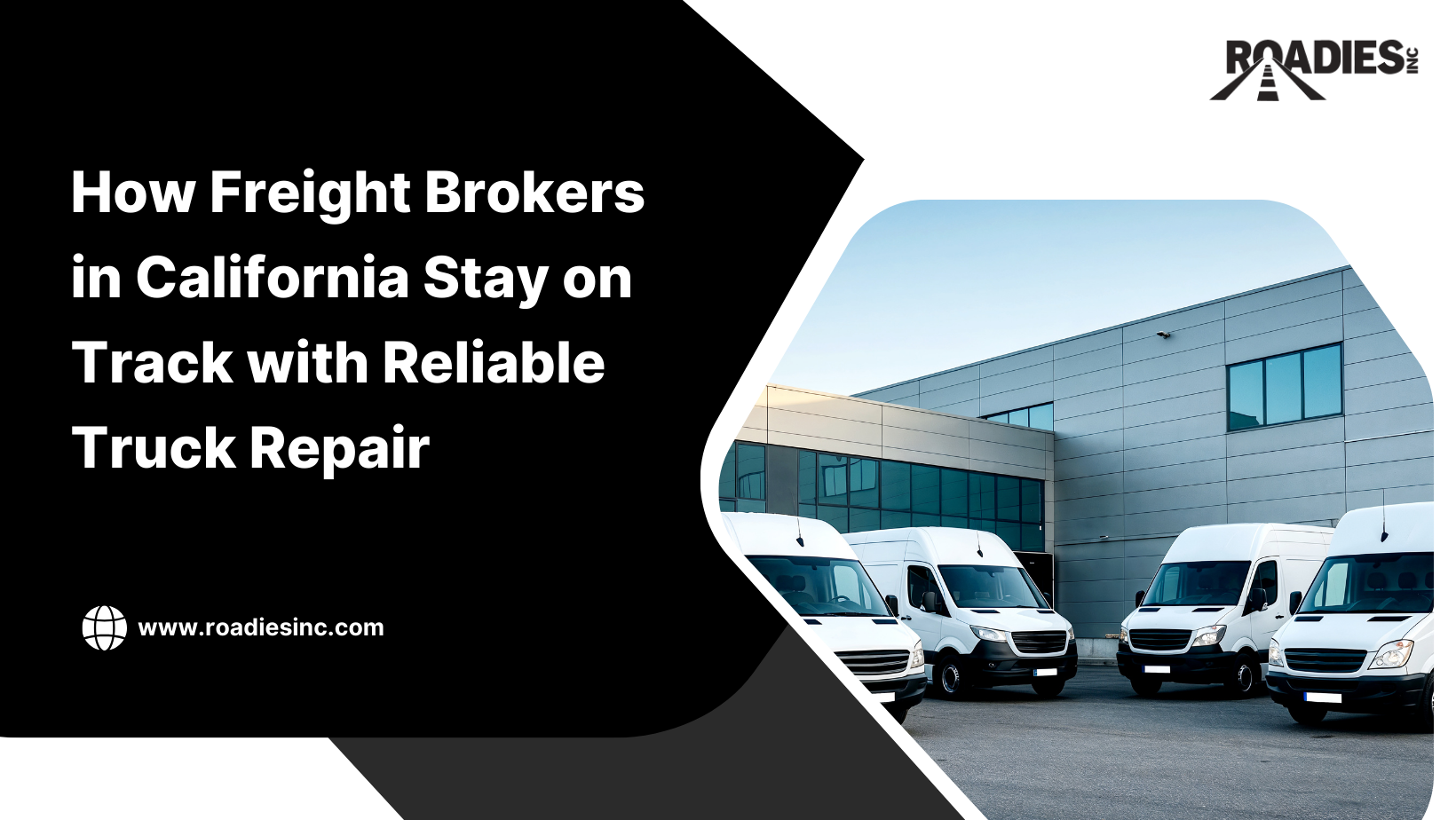
In the fast-paced world of logistics, even a single truck breakdown can bring an entire delivery schedule to a halt. Freight brokers in California face constant pressure to keep freight moving smoothly across busy ports, highways, and city routes, and equipment failure can throw everything off balance. This blog explores how freight brokerage in California […]
Why Small Businesses in Bakersfield Should Outsource Their Logistics?
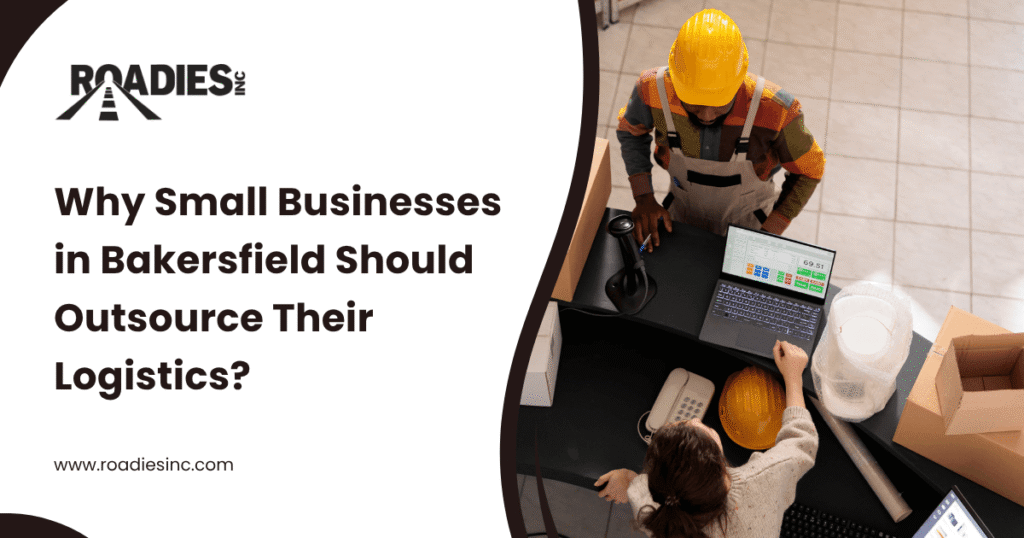
Logistics services are essential for every company that moves items from one location to another. Running the business alone may be very taxing, particularly if you have other urgent issues to attend to. Transportation, warehousing, storage, and all-inclusive logistics solutions are our areas of expertise at Roadiesinc. We are expanding daily and offering cost-effective, creative outsourcing […]
Hot Shot vs. LTL vs. FTL: Choosing the Right Freight Service for Your Cargo
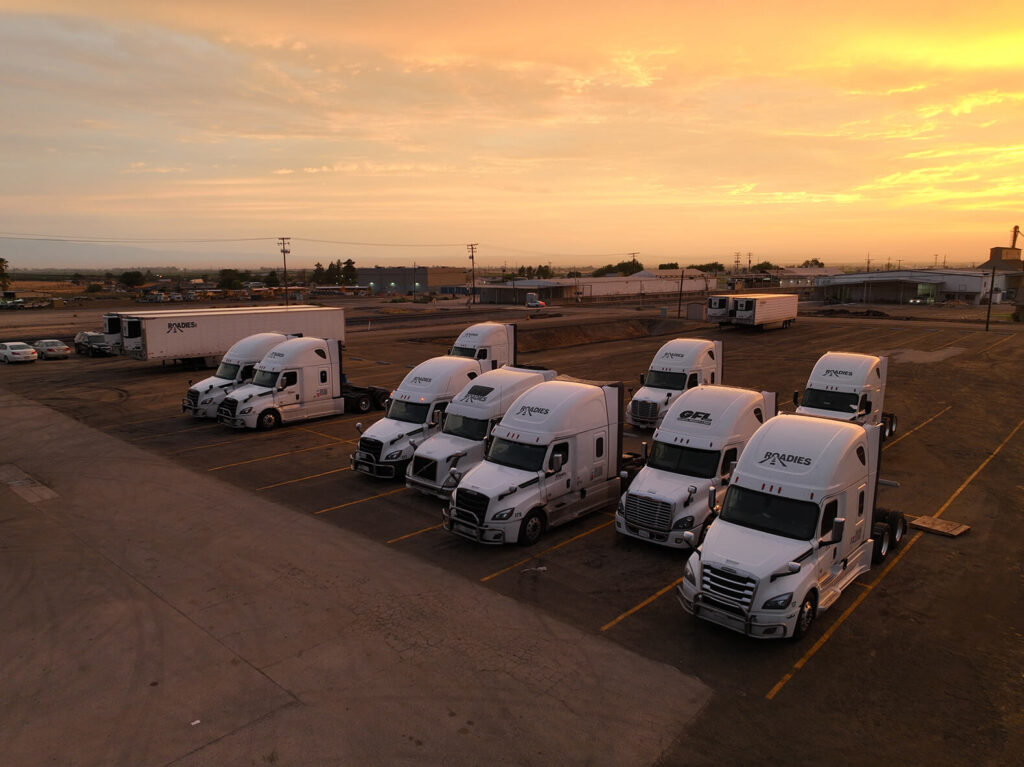
When it comes to cargo shipping, choosing the right freight service is essential for ensuring efficiency, cost-effectiveness, and meeting your delivery timelines. Whether you’re managing large-scale commercial shipments or small urgent deliveries, understanding the differences between Hot Shot, Less Than Truckload (LTL), and Full Truckload (FTL) will help you make informed decisions. This cargo shipping guide breaks down these shipping options to help you determine […]
How Freight Brokers in the USA Can Improve Operations with GPS Tracking

In today’s fast-moving freight world, staying on top of every load, every route, and every delivery is no longer a luxury—it’s a necessity. As a freight broker, you’re the critical link between shippers who need to move goods and carriers who get the job done. But let’s be real: logistics can be unpredictable. Shipments get […]
Understanding Freight Logistics: Role, Costs, and Optimization
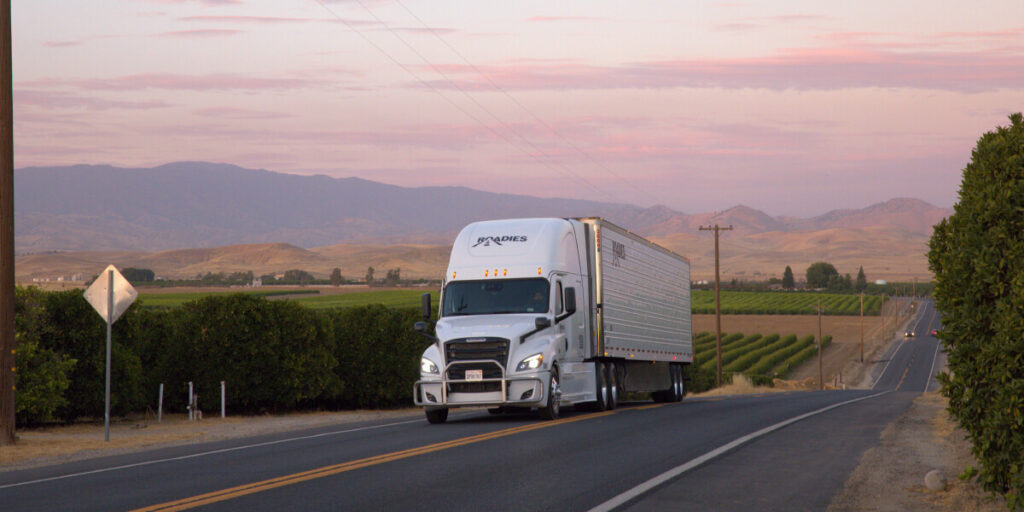
In today’s fast-paced world, moving goods from one place to another isn’t just about trucks and warehouses anymore. It’s the backbone that supports business operations and ensures customer satisfaction. This system is known as Freight Logistics—and whether you realize it or not, it plays a big role in our everyday lives. From the clothes we wear […]
Smarter Trucking: The Role of AI in Freight Transportation

In today’s fast-moving world, the freight industry is navigating a wave of change. With the explosive growth of e-commerce, rising fuel costs, driver shortages, and customer expectations for same-day or next-day delivery, the pressure on logistics providers has never been greater. Businesses are constantly looking for ways to reduce expenses, improve speed, and deliver more […]
Bakersfield Freight Solutions: Helping Your Business Succeed

Logistics are important for any successful business. In a busy place like Bakersfield Freight Solutions must be dependable, effective, and fit the unique needs. If you want to find cross-dock services in Bakersfield, trailer transport services, or wide-ranging freight shipping help, it’s important to have a logistics partner that you can trust. This is where […]

